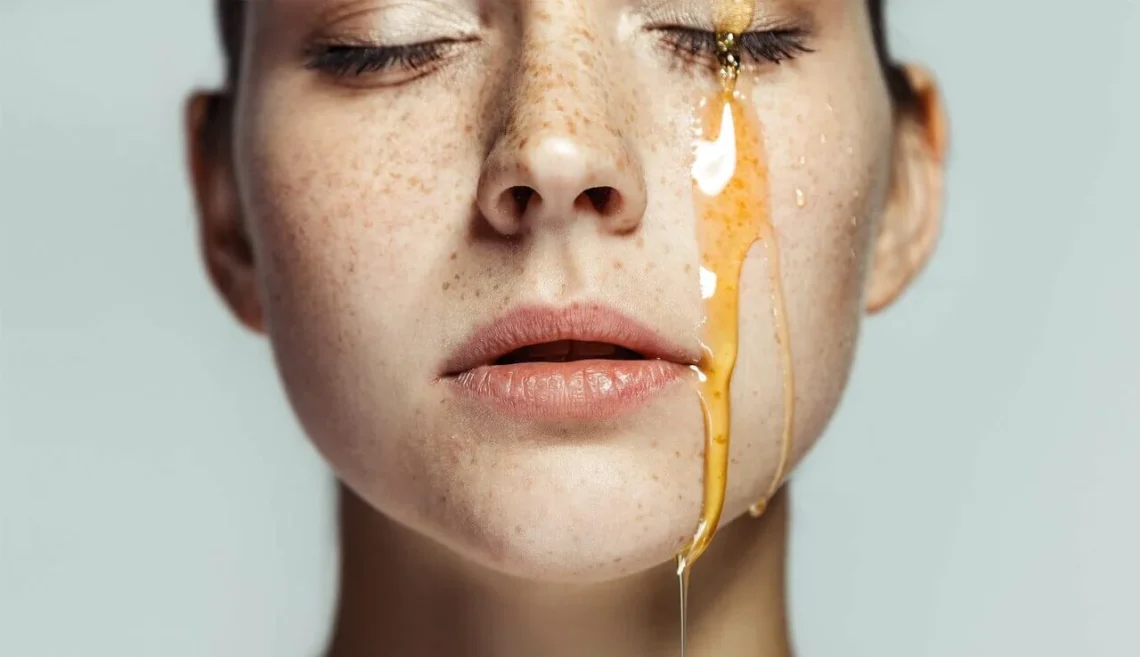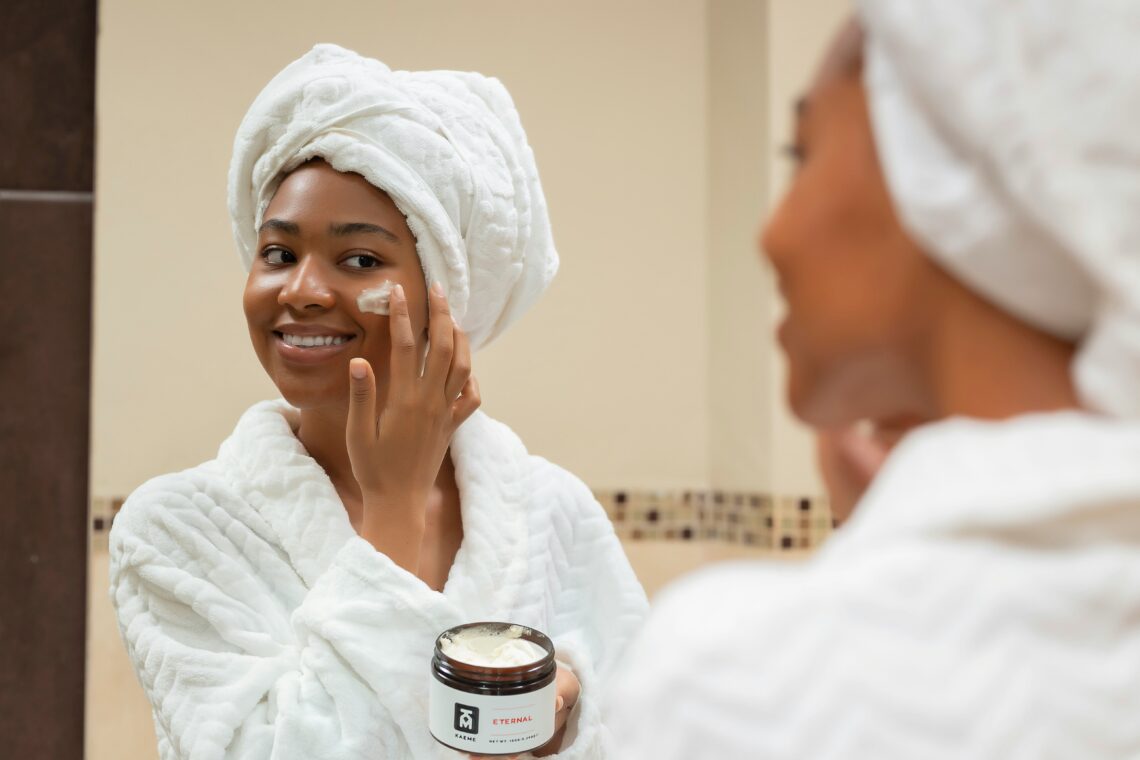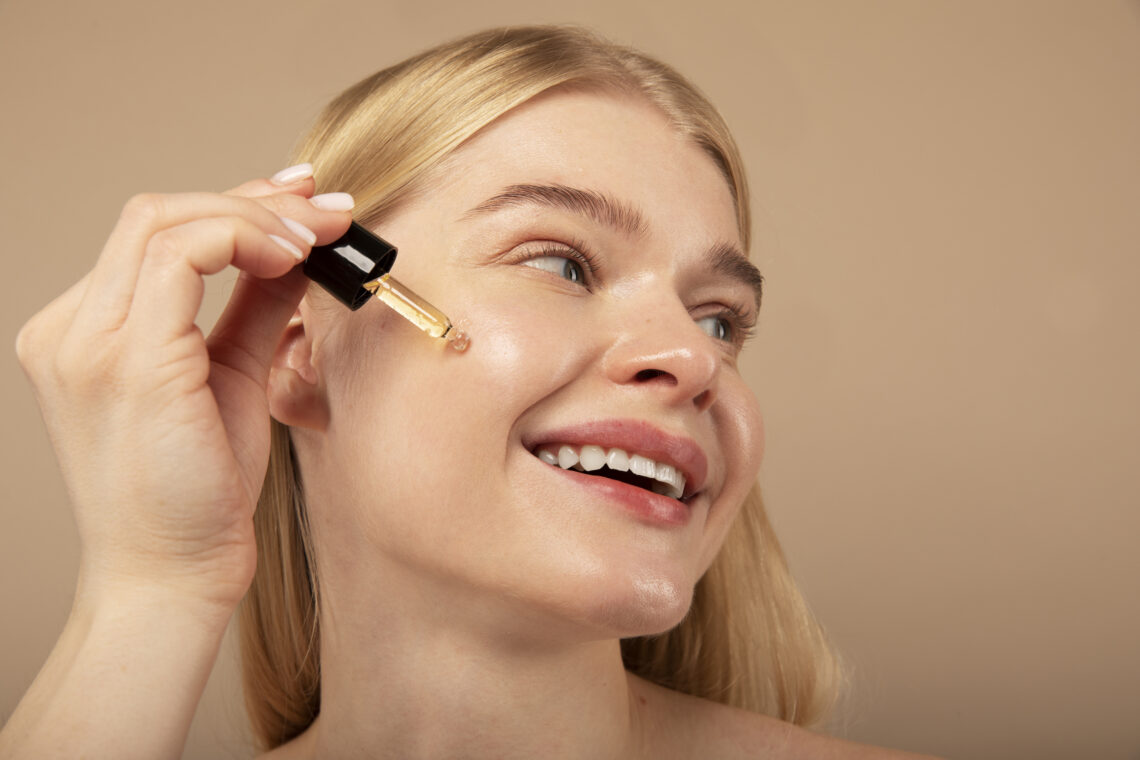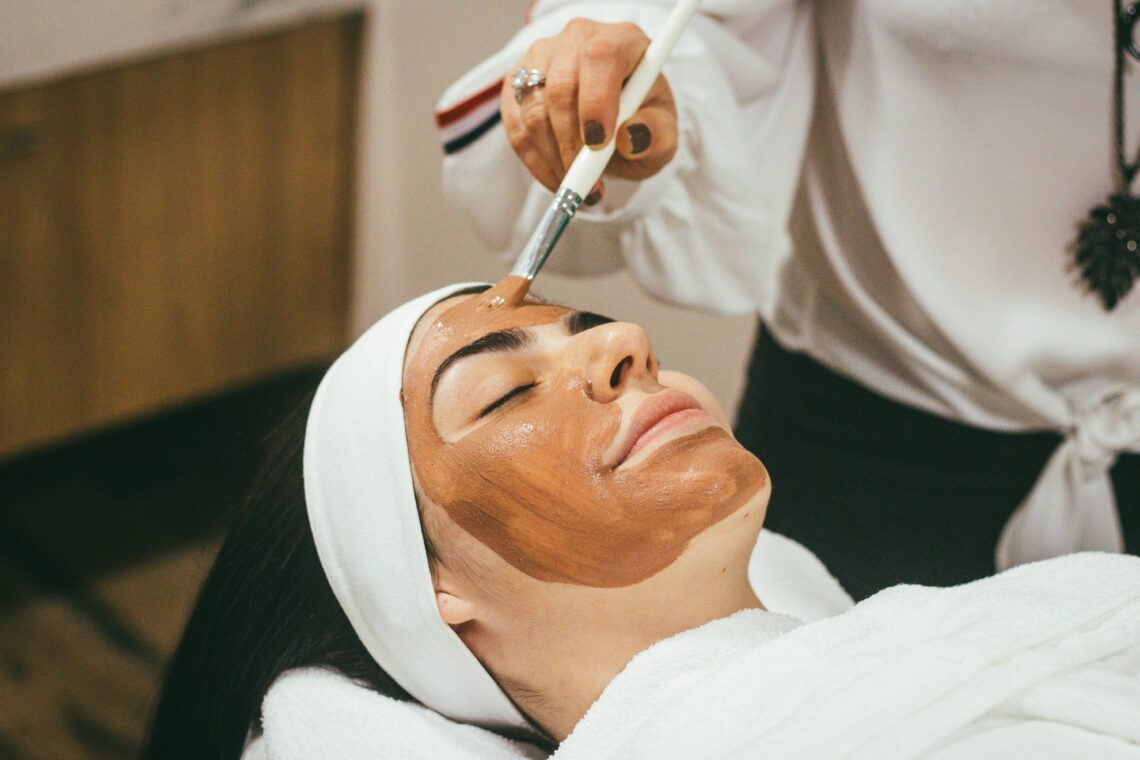Oily skin is a common concern for many people, especially those who experience an excess of sebum production. This overproduction of oil can lead to clogged pores, acne breakouts, and an overall greasy appearance. If you have oily skin, you might be wondering how to avoid harmful ingredients to keep your skin looking and feeling its best.
But don’t worry, there are some simple steps you can take to keep your oily skin under control and prevent potential problems. In this article, we will discuss what oily skin should avoid in terms of products and ingredients, and why they can be harmful for your skin type. We will also recommend some real-life existing medical skincare products that are suitable for oily skin and can help you achieve a balanced and healthy complexion.
Ingredients for Oily Skin to Avoid
When selecting skincare products, it’s crucial to avoid certain ingredients that can exacerbate oily skin or cause adverse reactions. Here are some of the ingredients you should steer clear of:
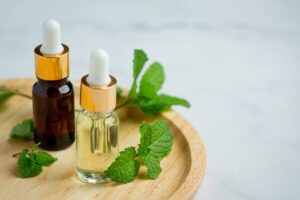
- Heavy Oils: It might seem counterintuitive, but oily skin can still benefit from oil-based products, as long as they’re lightweight and non-comedogenic. However, heavy oils like coconut oil, mineral oil, and petrolatum can clog pores and worsen oily skin. Instead, opt for lighter oils like grapeseed oil or rosehip oil, which can help balance sebum production without clogging pores.
- Alcohol: Alcohol-based products can be drying and irritating to the skin, which may cause the skin to overproduce oil in response. Avoid using products with high concentrations of alcohol, such as SD alcohol, isopropyl alcohol, and denatured alcohol. Instead, look for oil-free, water-based products that are gentler on the skin.
- Harsh Exfoliants: Physical exfoliants like scrubs with large, abrasive particles can cause micro-tears on the skin’s surface, leading to inflammation and an increase in oil production. Instead, choose a gentle chemical exfoliant, such as a product containing alpha-hydroxy acids (AHAs) or beta-hydroxy acids (BHAs) to help unclog pores and promote healthy cell turnover.
- Synthetic Fragrances: Fragrances in skincare products can be irritating to the skin and may cause inflammation and an increase in oil production. Opt for fragrance-free products or those containing natural, non-irritating scents.
- Comedogenic Ingredients: Some ingredients, like cocoa butter, can clog pores and lead to breakouts. To avoid this issue, look for non-comedogenic products that are specifically formulated not to cause acne.
- Paraffin: This is another petroleum-derived ingredient that can clog your pores and cause acne. It also creates a film on your skin that prevents it from absorbing other beneficial ingredients.
- Petroleum jelly: This is a thick ointment that is often used to moisturize dry skin. However, it can also suffocate your skin and clog your pores if you have oily skin.
- Isopropyl myristate: This is a synthetic oil that is used to improve the texture and spreadability of skincare products. However, it can also clog your pores and cause acne if you have oily skin.
- Greasy ointments: These are thick and heavy moisturizers that are designed for dry or damaged skin. However, they can also make your skin more oily and shiny if you have oily skin.
What should oily skin use instead?
If you have oily skin, you should look for skincare products that are:
- Non-comedogenic: This means they do not clog your pores or cause acne. You can check the label or the website of the product to see if it is non-comedogenic or not.
- Oil-free: This means they do not contain any oils or fats that can make your skin more oily or greasy. You can also check the label or the website of the product to see if it is oil-free or not.
- Water-based: This means they contain mostly water or other aqueous ingredients that can hydrate your skin without making it oily or shiny. You can also check the label or the website of the product to see if it is water-based or not.
- Gel or lotion: These are lightweight and fluid moisturizers that can absorb quickly into your skin and provide adequate hydration without leaving a greasy residue. You can also check the texture or the consistency of the product to see if it is gel or lotion or not.
- Salicylic acid / benzoyl peroxide: These are active ingredients that can help treat acne by unclogging your pores, killing bacteria, reducing inflammation, and drying out excess oil. You can find them in cleansers, toners, spot treatments, masks, and other skincare products for oily skin.
Recommended Medical Skincare Products for Oily Skin
Now that you know what ingredients to avoid, let’s explore some recommended medical skincare products that are suitable for oily skin:
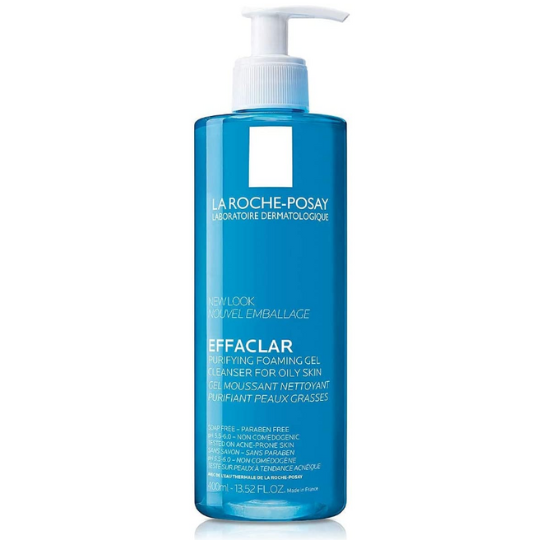
La Roche-Posay Effaclar Purifying Foaming Gel Cleanser
This gentle, soap-free cleanser effectively removes excess oil and impurities without over-drying the skin. It contains zinc pidolate, which helps regulate sebum production and soothe irritated skin.
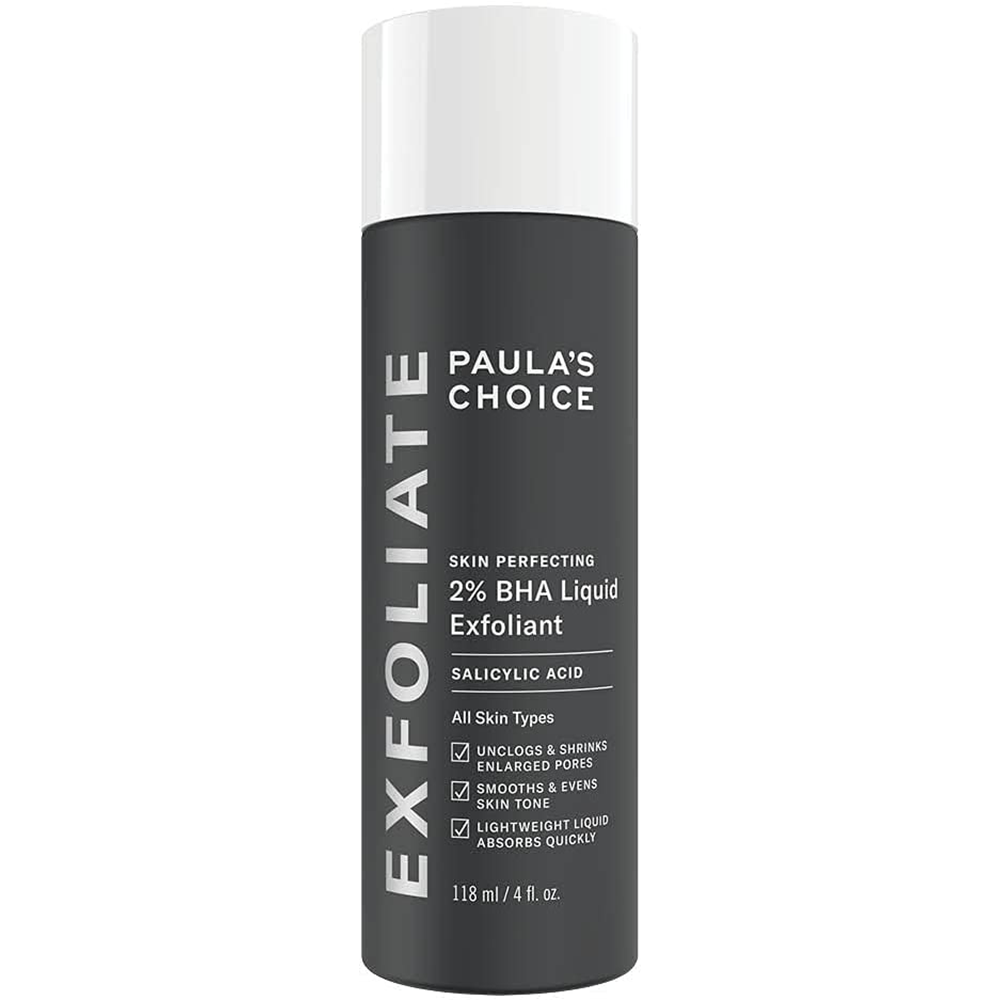
Paula’s Choice Skin Perfecting 2% BHA Liquid Exfoliant
This lightweight, oil-free exfoliant contains 2% salicylic acid (BHA) to unclog pores, reduce breakouts, and promote a more even skin tone. Its non-irritating formula is suitable for daily use.
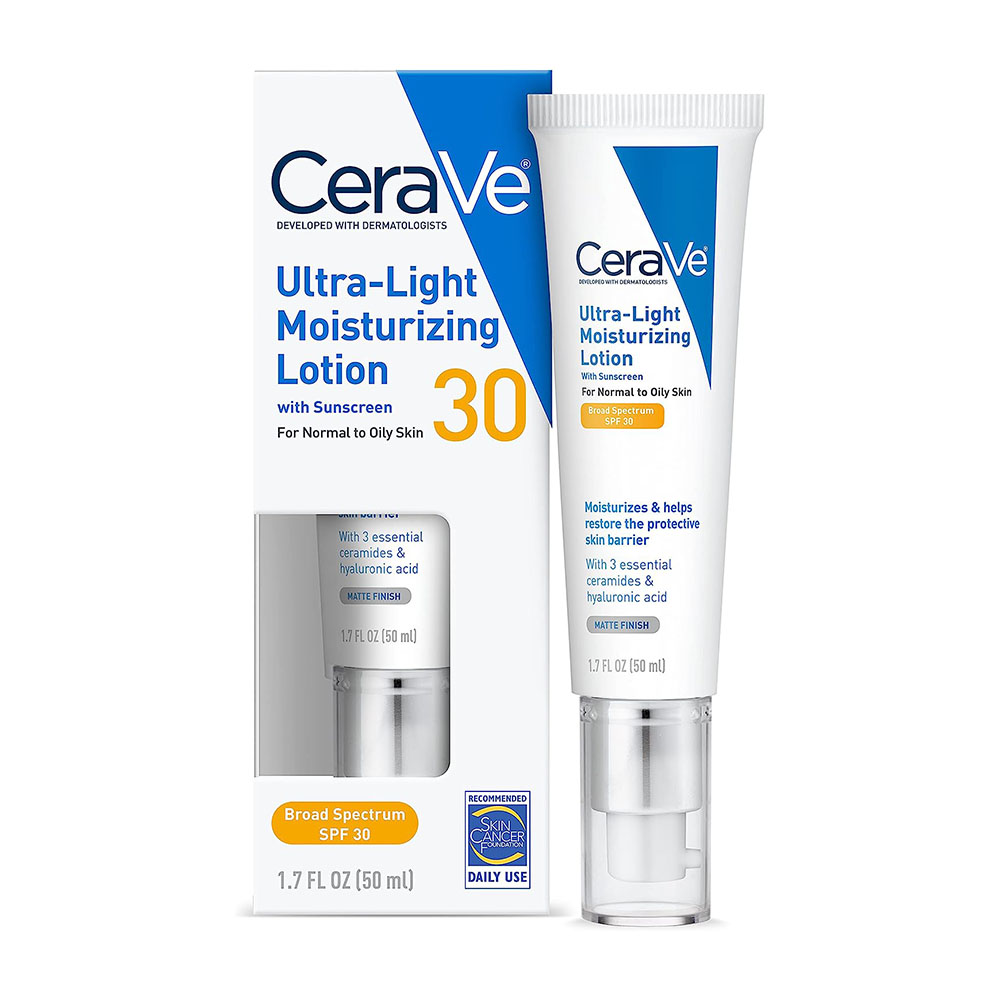
CeraVe Oil Control Ultra-Light Face Moisturiser with SPF 30
This oil-free, non-comedogenic moisturizer provides lightweight hydration and broad-spectrum sun protection without clogging pores. It contains niacinamide, ceramides, and hyaluronic acid to help maintain the skin’s moisture barrier and reduce oil production.
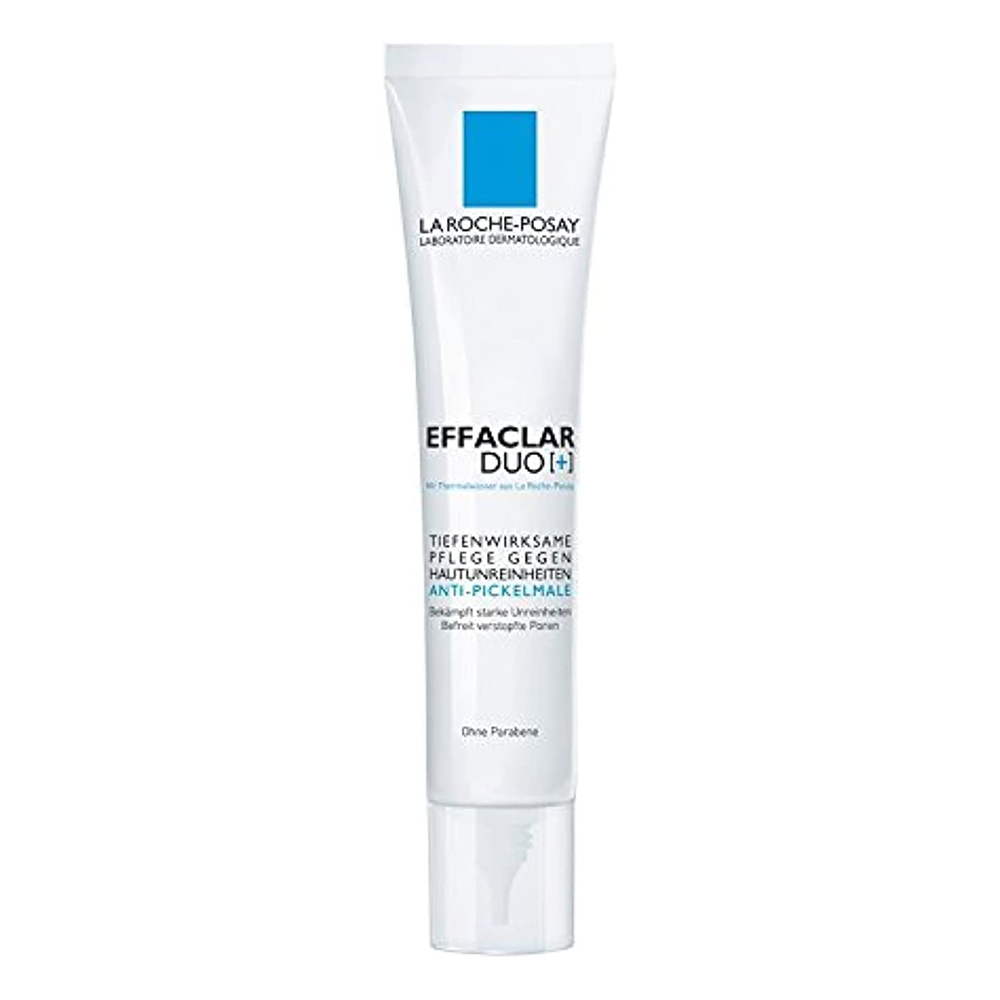
La Roche-Posay Effaclar Duo (+) Anti-Imperfections Moisturiser
This is a lightweight and oil-free moisturizer that contains salicylic acid, zinc, and niacinamide to treat acne, reduce shine, and prevent marks and scars. It is also non-comedogenic and hypoallergenic.
By avoiding the ingredients mentioned above and incorporating suitable medical skincare products into your routine, you can effectively manage oily skin and prevent common issues like clogged pores and acne breakouts. Always remember to consult a dermatologist for personalized advice and recommendations based on your unique skin concerns.


